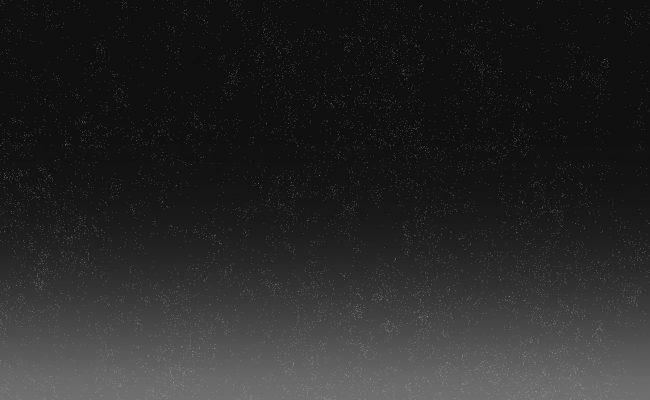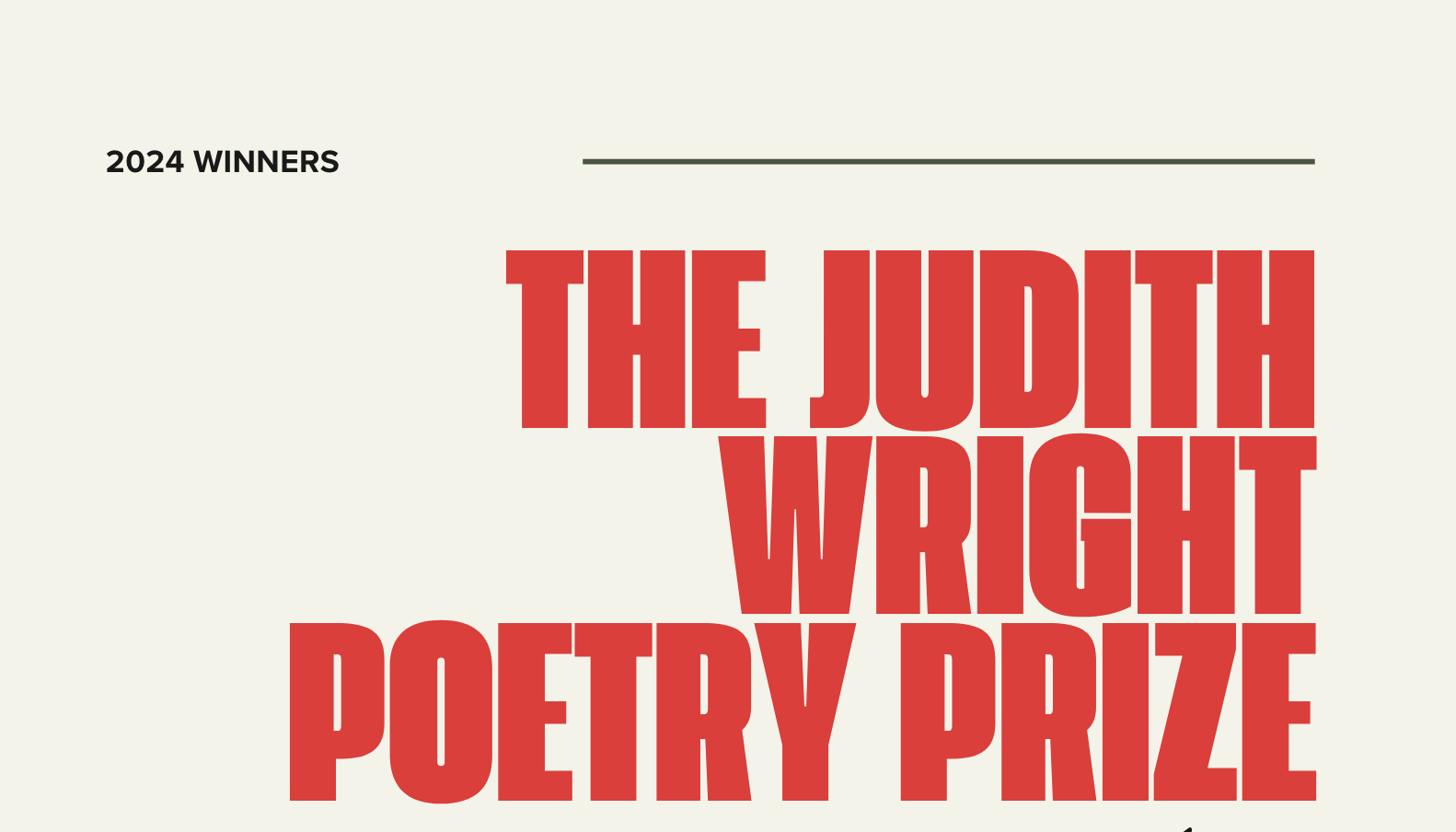‘No Alarms’ could be said to have a strong tentativeness: in tending towards a prose poem, but not becoming one, in tending toward cutup, but resisting the difficulty of that for its own difficulty (of writing this good poem). ‘No Alarms’, despite its multi-directionality, finds clearings in the mind. Its strong sense of style helps, asking: ‘Are you revolted in the right way?’ and ‘What is the warmest document type?’ This is exemplary rhetorical questioning: the originality and feel for language avoiding the traps of mundanity and complaint. The tonality of the poem is animated through its continual shifting of voice so that despite a great line like ‘Misery during the work shirt donning process’, ‘No Alarms’ is, nonetheless, a poem of warmth and humour. Which can’t hurt when there are almost a year’s worth of Thursdays (the poem’s target work day) still to get through.
‘No language for white man’ disrupts with the textures of a writer exhibiting an innate knowledge of what it is to be othered by language, and one who can reframe the frame into unique song. With an emotive Filipino-Australian slant, and great use of rhythm, lingo and portmanteau, this poem is a clever, musical, and generous gift to any who encounter it.
‘chinny chin chin’ is the most energetic performance on this year’s shortlist, as it portrays the complex emotions (frustration, anxiety, disdain, inertia et al.) of the subject undergoing various moments of racist questioning. Where these moments happen (at an airport, a property inspection, a doctor’s appointment) isn’t the focus, rather their emotional impact. The poem’s use of internal dialogue balances the sarcastic and the scathing, while metaphors are pushed almost to breaking point, mirroring the anger that simmers throughout. With the recent increase in racism toward the Chinese people since the spread of coronavirus, this poem is a powerful retort to casual and ignorant assumptions.
Read the rest of Overland 238
If you enjoyed this piece, buy the issue




